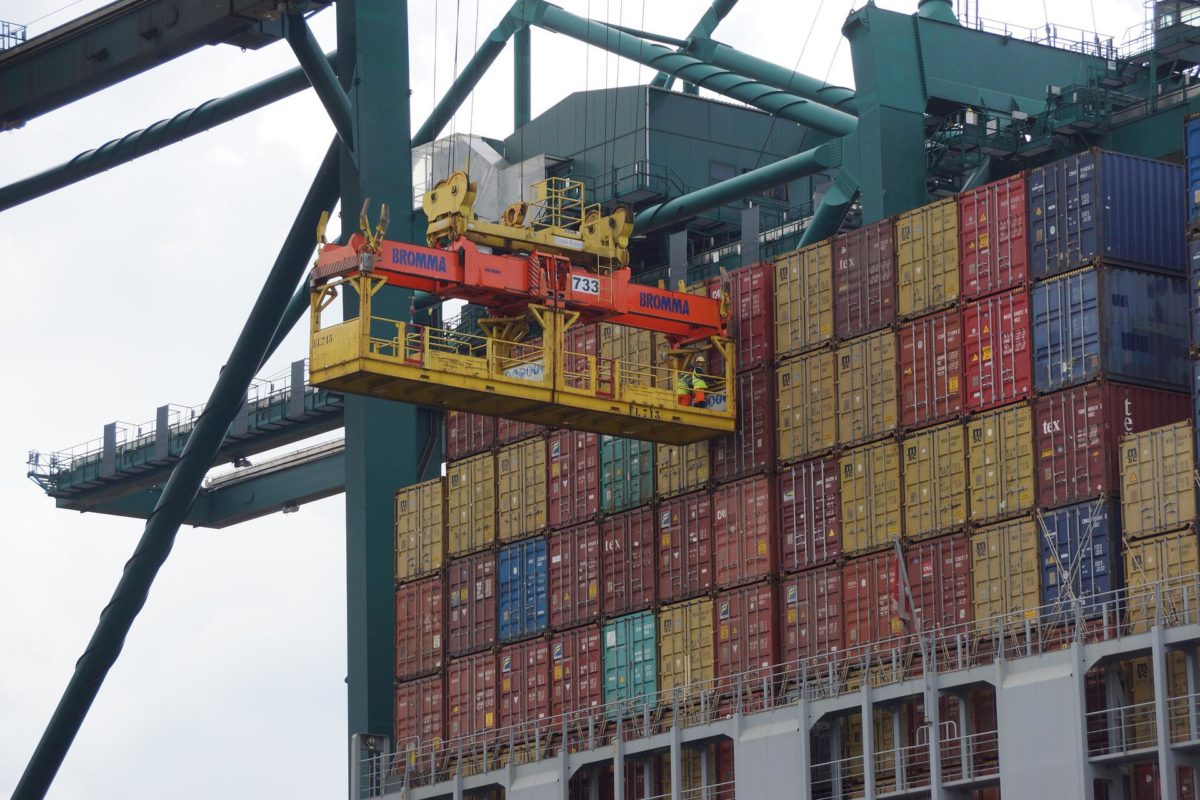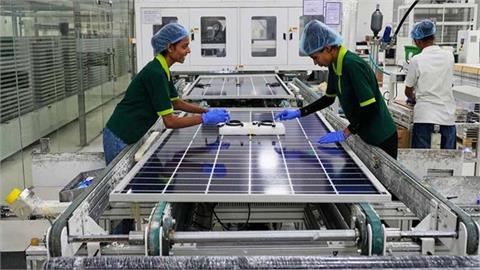by Ryan Kennedy and Tim Sylvia* On June 5, the Biden administration announced a 24-month tariff exemption on solar modules manufactured in Cambodia, Malaysia, Thailand and Vietnam.
The move comes as a direct response to the industry-wide uncertainty that has unfolded since the Department of Commerce (DOC) March 28 announcement that it would act on a petition filed by California-based solar module manufacturer Auxin Solar requesting that DOC review solar panel imports from Chinese companies working in Cambodia, Malaysia, Thailand and Vietnam, announcing that it was launching an antidumping investigation into those companies.
Tariff risk for solar goods sourced from the four nations exceeded 50% to 250%, creating an untenable level of uncertainty that cascaded into canceled and delayed projects. The impact was so stark that it led the Solar Energy Industries Association to cut its project deployment forecast in half for the year.
Paul Wormser, vice president of technology with Clean Energy Associates (CEA) told pv magazine USA that buyers and suppliers were essentially at a standoff, where neither the buyer nor the seller wanted to accept the risk. Neither party felt they could win in a negotiation, but both had something to lose if they didn’t negotiate.
* Ryan joined pv magazine in 2021, bringing experience from a top residential solar installer, and a U. S.




